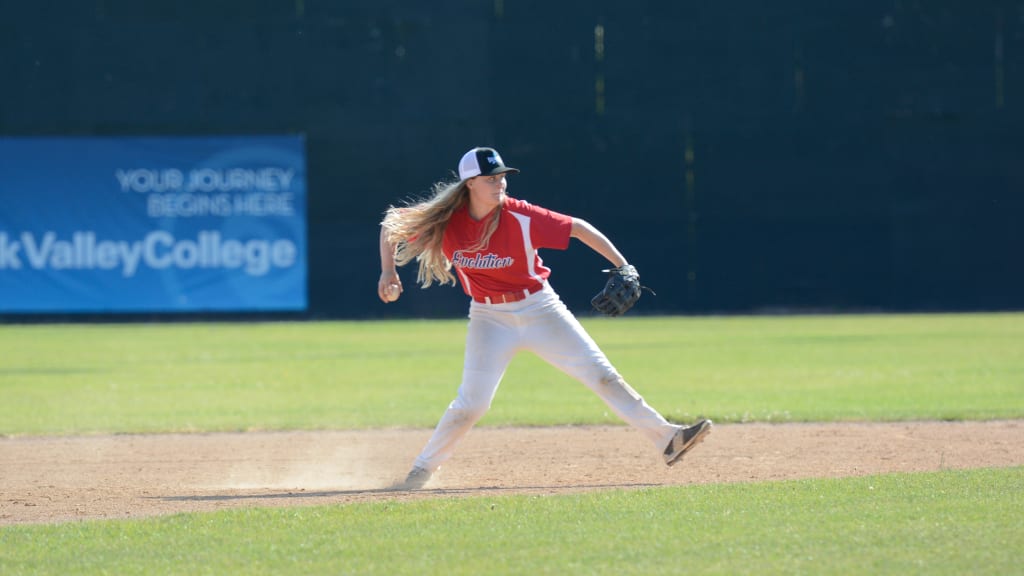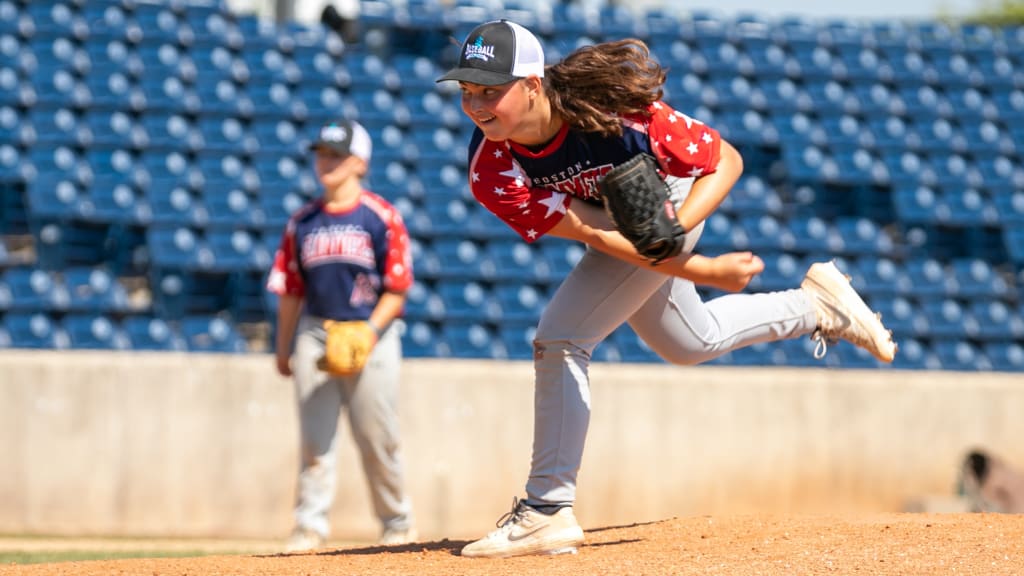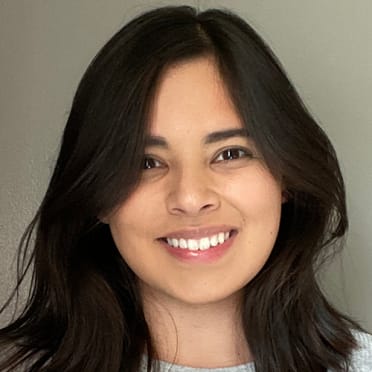
Skylar Kaplan was 13 years old when she made her way from the outfield to the mound at Cooperstown Dreams Park. She had already pitched four innings to start the game, but with the game on the line, and a diminishing lead, Kaplan’s arm was needed to close it out.
The youth tournament weekend in central New York was a career-defining time in Kaplan’s life. Her future was uncertain after youth baseball, but a scout watching her play was starting a league of their own where girls could continue playing competitively.
Six years later, Kaplan is striking out top Division I prospects in the National Junior College Athletic Association with Anne Arundel Community College.
Not long ago, women playing college baseball was unthinkable. Today, it’s more of a reality than ever, with opportunities opening up quickly at all levels of the collegiate game.
“It's always been my dream to play in college, so it's kind of surreal that it's finally here,” Kaplan said. “So many girls get told to switch to softball, which I've heard a thousand times, and don't end up making it this far. It's so hard to find that one person to say, ‘Yes.’”
Some college programs -- over 130 to be a little more exact -- committed to allowing women try out for their men’s collegiate baseball roster after Baseball for All founder Justine Siegal reached out to teams across the country via Twitter, email and LinkedIn.
Boston College and the University of Arizona are two of the Division I schools that are open to the best prospects joining their team in the chase to win it all in Omaha, regardless of their gender. It’s a step closer to the gender equity Baseball For All, an organization that creates opportunities for girls and women in baseball, is trying to achieve in the sport.
Opportunities above youth baseball have been severely scarce for girls, coupled with the pressure to switch to softball for college scholarships. Kaplan is one of the handful of women who stayed the course to college baseball.
The "Yeses" have started to happen for women in collegiate baseball the past few years. A woman securing a spot on a college roster has been a path rarely trekked since Julie Croteau became the first woman to play men’s NCAA baseball in 1989.

Come Fall 2021, Baseball For All is planning to have club college baseball teams around the country for women to continue playing. It also coincides with their effort to initiate a new program for women’s college baseball with NCAA status. The initiative levels the playing field for girls and women fighting to stay in baseball.
“There's always been some programs that are open to the top prospects, but I think today the climate’s changed and we're at a tipping point in women's sports,” Siegal said. “People are beginning to say: ‘Why aren’t there equal opportunities? Why would I not want the best player for my team?'”
Gauging programs’ interest in women playing baseball was a spur-of-the-moment decision. Siegal sent an email to hundreds of programs simply asking if women were allowed to try out. The myriad responses provided a greater look into what’s to come for women in the game.
“The future of girls and women's baseball is that a girl can have the same opportunities that her brother has. Leagues like the youth level, all the way up to high school and college, and then, hopefully, a professional program for them to play in. A true professional program,” Siegal said.
Women are suiting up at the college level now more than ever. For many, they credit Baseball For All and Siegal for paving the way to college baseball -- whether through coaching or in the lineup. The very same path that was closed to Siegal when she was playing baseball.
“My whole goal as a high schooler was to play college baseball, and I actually chose a D3 school with a no-cut policy,” Siegal said. “But when I went and tried out for the college team, they told me that they ran out of uniforms.”
Getting an additional set of uniforms would’ve been an easy fix, but it ignited a fire within Siegal instead. As the “Nos” piled on for Siegal, the more she wanted to keep playing baseball.
The resilience led Siegal to be the first woman to coach a Major League club when she did so with the Oakland Athletics in 2015. Now, it’s her driving force to make sure no other girl is being shut out because of the lack of college opportunities.
“The reason we're so focused on collegiate baseball is because girls are being told at age 9 they need to stop playing baseball, to go pursue a softball scholarship,” Siegal said. “By providing college opportunities, other adults will stop telling children to give up on their dreams.”
Softball is often seen as the fallback for girls playing baseball. It becomes a waiting game for the day a girl will decide to hang up her baseball glove to pursue her fallback option. It’s a day that should be left up to no one else, but the sport itself.
“The game tells everybody when it's time to be done. It doesn't matter who you are,” said Mark Woodworth, a Baseball For All coach who is also the Wesleyan University baseball head coach. “It tells a four-year Major Leaguer when it's time to be done. It tells a 12-year-old little leaguer when they don't make [the team] when they're 13."
Woodworth has witnessed the increase in participation through Baseball For All’s program. Its first tournament in 2015 had 12 teams and has grown to 48 clubs since then.
Woodworth’s daughter joined Baseball For All after he started thinking about what the future would look like after Little League. It provided the opportunity to keep playing baseball, while introducing her to other girls who were also pursuing the same path.
The experience paid off. Just last week, Woodworth’s daughter made the high school freshman team.
“I think students are excited to start programs on their campuses. Parents are excited that their daughters can choose a college with a baseball program for her,” Siegal said. “And for our younger players, they just want to keep playing baseball.”
